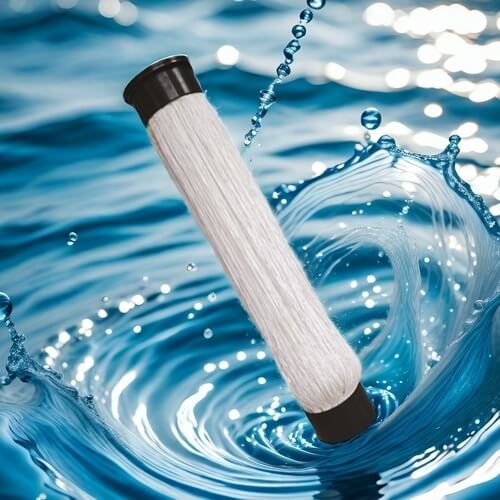How to treat corn deep processing wastewater?
The treatment of corn deep processing wastewater mainly involves multiple steps and technologies, aiming to effectively remove organic matter and pollutants from the wastewater. The following is a detailed introduction to the processing procedure:
Wastewater type
Corn deep processing wastewater can be divided into:
High concentration organic wastewater: such as distillation wastewater and equipment flushing wastewater.
Low concentration wastewater: such as condensate water, workshop flushing water, domestic sewage, boiler wastewater, and cooling system drainage
Processing steps
1. Preprocessing
The pretreatment stage mainly removes suspended solids and large particulate impurities from wastewater through the following methods:
Grille: used for initial interception of large particulate matter.
Precipitation: using gravity to separate solid impurities
2. Biological treatment
Biological treatment is the most commonly used method for treating corn deep processing wastewater, mainly including:
Activated sludge process: Utilizing the metabolic activity of microorganisms to convert organic matter into inorganic matter.
Biofilm reactor (BAF): effectively removes organic matter from wastewater through the biochemical and filtration effects of the packing layer
3. Deep processing
After conventional processing, further deep processing can be carried out using:
Membrane separation technology, such as ultrafiltration and nanofiltration, is used to remove smaller particles and dissolved organic matter.
Advanced oxidation method: using oxidants such as ozone or chlorine to further degrade pollutants that are difficult to biodegrade

4. Sludge treatment
The sludge generated during the treatment process needs to be properly managed, usually including:
Sludge concentration: Reduce the volume of sludge.
Sludge dewatering: reducing the moisture content of sludge through mechanical or chemical dewatering methods
Technical Challenges and Prospects
Despite the maturity of existing technology, the treatment of corn deep processing wastewater still faces some challenges, such as:
Large footprint: Biochemical treatment facilities typically require a significant amount of space.
High investment cost: High infrastructure investment and complex technical requirements
The future development direction may include introducing intelligent management technology to improve processing efficiency and stability, while reducing operating costs
